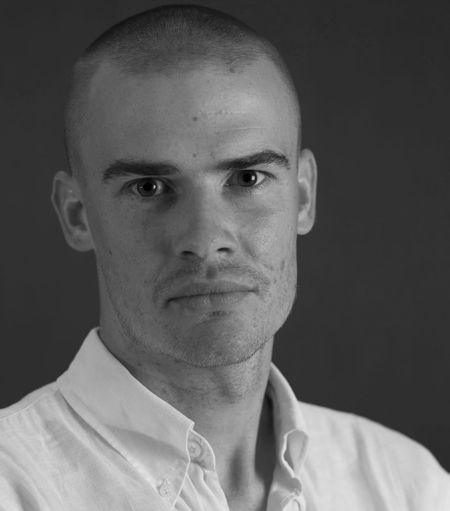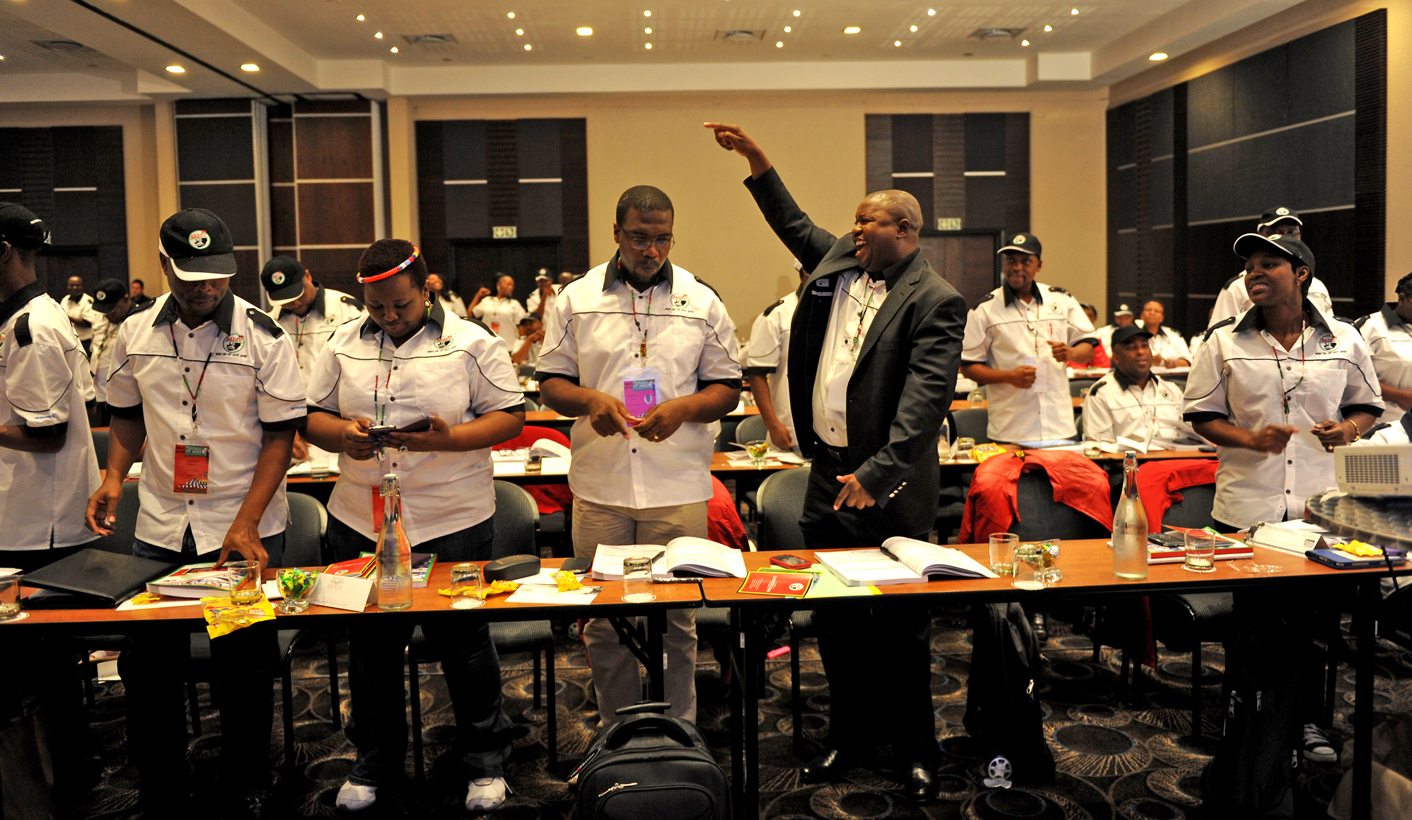In the final declarations of Sadtu’s NGC on Sunday, the union affirms its commitment to the tripartite alliance and calls for members to support the decision to suspend Vavi. It denounces the actions of unions like the National Union of Metalworkers SA (Numsa), which has taken Cosatu to court over the issue and refuses to accept the decisions of Cosatu’s Central Executive Committee (CEC). It pointedly rejects calls for a Cosatu special congress, the requirements for which were met last month but doesn’t look like occurring in the near future.
Sadtu’s resolutions don’t auger well for Vavi, who was suspended after admitting to having sex with a junior employee at Cosatu House. The suspension has brought the federation’s factionalism to the fore and involved both the ANC and its partner the SACP. Now, the union is closing ranks against any signs of division.
“Sadtu should support the decision of CEC in suspending both the General Secretary and the staff member of Cosatu,” the union decided Sunday. Members should also respect the decision to suspend its president, Thobile Ntola, who was sidelined after allowing Vavi to address an audience while he was suspended.
Not everyone, however, agrees with the stance. Sadtu General Secretary, Magwena Maluleke, said the issues have brought about threats. “We can report that we have been receiving threatening text messages from certain disgruntled individuals who claim to be from within the union. The national office has also received some correspondence from some structures in the Eastern Cape demanding that the national executive committee reverses its decision on the president (Ntola),” Maluleke said in his address on the weekend.
“It also came to our attention that marches targeting the leadership had been planned to the national office. These enemies of the working class as characterised by those that are against the supremacy of the constitution were even spreading fallacies about the national collective leadership.”
The NGC declaration specifically condemned “all signs of tribalism that seems to accompany those in Cosatu who have employed magnanimous enthusiasm to protect the general secretary of Cosatu.”
Speaking at the event on Friday, Cosatu President, Sidumo Dlamini, was adamant the federation will last. “The challenges we are going through are a sign that we are now ascending to the next higher level of maturity where the organisation will not be centred on individuals but on its own principles, traditions and policies. We want to tell you right from the onset that Cosatu will not split,” he said. Numsa, Cosatu’s biggest union, will go to a special conference in December where the issue of remaining in the federation is likely to be raised.
Sadtu is a teachers’ union and, yes, issues of education were actually discussed. Once again the union rejected competency tests for teachers. Sadly for the union, on Sunday reports found the best Grade 6 learners are better at math than the worst teachers, albeit not in the same schools.
Education Minister, Angie Motshekga, has indicated that if an agreement on the tests cannot be reached she may use her powers to force the tests “in the best interests of learners”. On Sunday, Sadtu said “the [Department of Basic Education] must tie professional development to content gaps with the intention of improving marking.” The dispute will likely result in a standoff between Sadtu and government.
The union also wants action against bullying. It wants to create a blog for members to report incidents of bullying in schools and for the Department of Basic Education to create a register of incidents to be resolved. “The learner who commits continuous acts of bullying must receive the harshest sanction because the behaviour of this learner disrupts the rights of other learners to education. The Union further considers calling for an amendment to South African Schools’ Act provisions on the suspension of learners to address the above.”
Sadtu also resolved that early childhood development and Grade R teachers should be included in the mainstream public service by 2015 and employees should be treated as such. Members are also concerned about violence against teachers in schools. Sadtu wants more research conducted, government to set up a national registry, and education programmes to raise awareness of the “injustice” against educators.
The conference discussed both education and political issues and to the union, and it appears there’s a clear overlap. Sadtu has announced its support for the ANC in the 2014 elections. “All Sadtu members should take part in the alliance campaigns canvassing for the decisive two-thirds majority victory for ANC,” the union resolved.
“All structures of Sadtu should engage in educating learners about the history of our country as part of the preparations for the 2014 elections,” was the following sentence. But what history might that be?
The Sunday Independent reported that Maluleke said the union must support the ANC’s campaign for youth votes because “as teachers we are uniquely positioned to influence these minds”.
Perhaps the Sadtu leader’s comments were misquoted, but the union must be reminded of the legal limits of politics in the classroom. In 2011, Western Cape Cosatu leader, Tony Ehrenreich, was fuming when the Democratic Alliance donated party t-shirts to a school hockey team and called for an investigation by the Independent Electoral Commission.
He said the province’s Schools Act prohibited political party branding at schools. “You can advertise at school,” said Ehrenreich. “But political activities are not allowed. You can advertise KFC because that is income-generating, but there must be no political activities.”
Would influencing the minds of learners so they vote ANC not be a far greater crime? DM
Photo: Members of the SA Democratic Teachers' Union gather for their national general council at a Kempton Park hotel in eastern Johannesburg on Friday, 25 October 2013. Picture: Werner Beukes/SAPA





